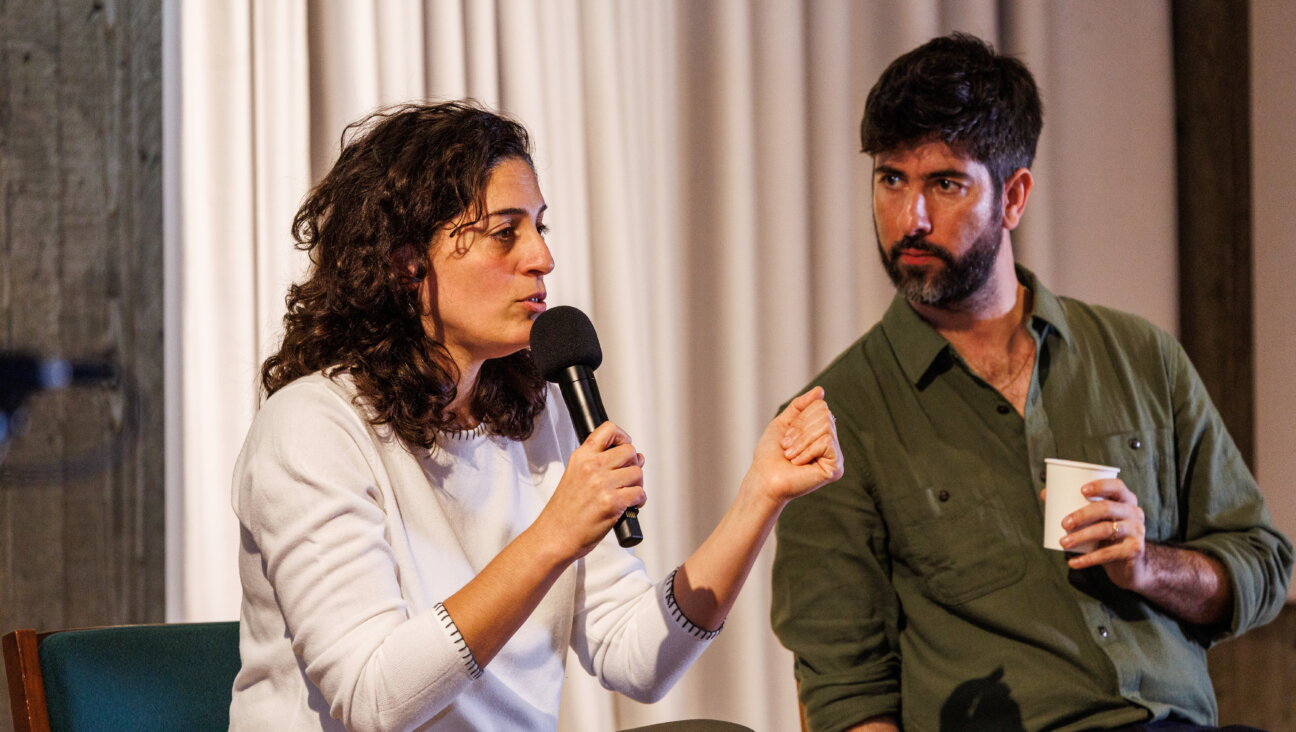The Long Shadow of Scandal
‘Three Rabbis named in Three Separate Conspiracy Charges.” “Two Rabbis and their two assistants… charged with violations.” “Rabbi to be indicted [for]… uttering or transmitting false or forged papers for the purpose of defrauding the Government.”
Sound dismally familiar?
Actually, these passages all appeared in The New York Times over what was, for Jews, an acutely embarrassing 12-month period in 1926 and 1927. It was not money laundering or tax fraud that ensnared rabbis back then. Instead, the alleged crimes all stemmed from violations of the National Prohibition Act. The rabbis charged with the crimes — then, as now, overwhelmingly Orthodox — were caught distributing wine illegally.
The 18th Amendment to the Constitution, which went into effect on January 16, 1920, barred the “manufacture, sale or transportation of intoxicating liquors.” Congress, however, granted an exemption to those who required wine “for sacramental purposes or like religious rites.” Thanks to this legislation, Jews who ritually bless God for “creating the fruit of the vine” could obtain up to 10 intoxicating gallons of wine per year directly from their rabbis.
Bootleggers lost no time taking advantage of this loophole. To make life easy for impoverished, overworked rabbis, they took care of all the government paperwork, overestimated the number of congregants requiring wine, arranged for transportation and storage, and paid the rabbis a fee for their trouble. Officially, ritual consumption of wine on the part of Jews skyrocketed during these years, the blessing over the wine becoming the most widely and scrupulously observed of all Jewish religious practices. In reality, as at least one disgusted government inspector understood, those responsible for the “remarkable increase in the thirst for religion” were criminals.
Public exposure of these abuses shamed the Jewish community. Reform rabbis, in response, switched their congregants to grape juice and stopped providing them with wine. Conservative rabbis, after a widely publicized 1922 rabbinic ruling by Louis Ginzberg, renowned professor of Talmud at the Jewish Theological Seminary, overwhelmingly followed suit.
But Orthodox leaders demurred. Seeking in part to distinguish themselves from the non-Orthodox, they continued to mandate the use of fermented wine for ritual purposes. They also apparently understood that the wine trade, legal and illegal, kept many an Orthodox rabbi financially afloat.
Hannah Sprecher, the historian who ably chronicled this story, concluded, with considerable understatement, that Prohibition was not American Orthodoxy’s “finest hour.” Even if the funds from kosher wine helped to strengthen Orthodox rabbis materially, the lurid publicity accompanying press disclosures of illicit activities tarnished their collective reputation. For example, Henry Ford’s widely distributed and notoriously antisemitic Dearborn Independent proclaimed bootlegging, “a 95 per cent controlled Jewish industry in which a certain class of rabbis have been active.”
More broadly, the drum beat of scandal after scandal confirmed in the public’s mind the association of Jews with corrupt practices. Long after Prohibition ended, that image endured — with disastrous consequences. More than half of all Americans, according to pollsters in 1940, described the quality that they found most objectionable in Jews to be their “unscrupulousness.” To be sure, antisemites viewed Jews that way even before Prohibition, but the scandals reinforced that image. That image, moreover, was seized upon by those who wanted to limit the number of Jewish refugees admitted into the country during the era of the Holocaust.
Viewing the recent parade of Jewish scandals, from meat slaughterers in Postville, Iowa, to money launderers in Deal, N.J., one wonders what the consequences will be this time around. One thing seems certain: Besides giving aid and comfort to antisemites (who judged Jews guilty even before these scandals took place), recent stains on the collective reputation of Jews in America will not soon wash away. *Annus horribilis, *as the Jewish year 5769 may someday be characterized by historians, seems likely to shape the image of American Jews, Orthodox and otherwise, long into the future.
Jonathan D. Sarna is the Joseph H. & Belle R. Braun Professor of American Jewish History at Brandeis University and the author of “American Judaism: A History” (Yale University Press, 2004).
A message from our Publisher & CEO Rachel Fishman Feddersen

I hope you appreciated this article. Before you go, I’d like to ask you to please support the Forward’s award-winning, nonprofit journalism during this critical time.
We’ve set a goal to raise $260,000 by December 31. That’s an ambitious goal, but one that will give us the resources we need to invest in the high quality news, opinion, analysis and cultural coverage that isn’t available anywhere else.
If you feel inspired to make an impact, now is the time to give something back. Join us as a member at your most generous level.
— Rachel Fishman Feddersen, Publisher and CEO

























